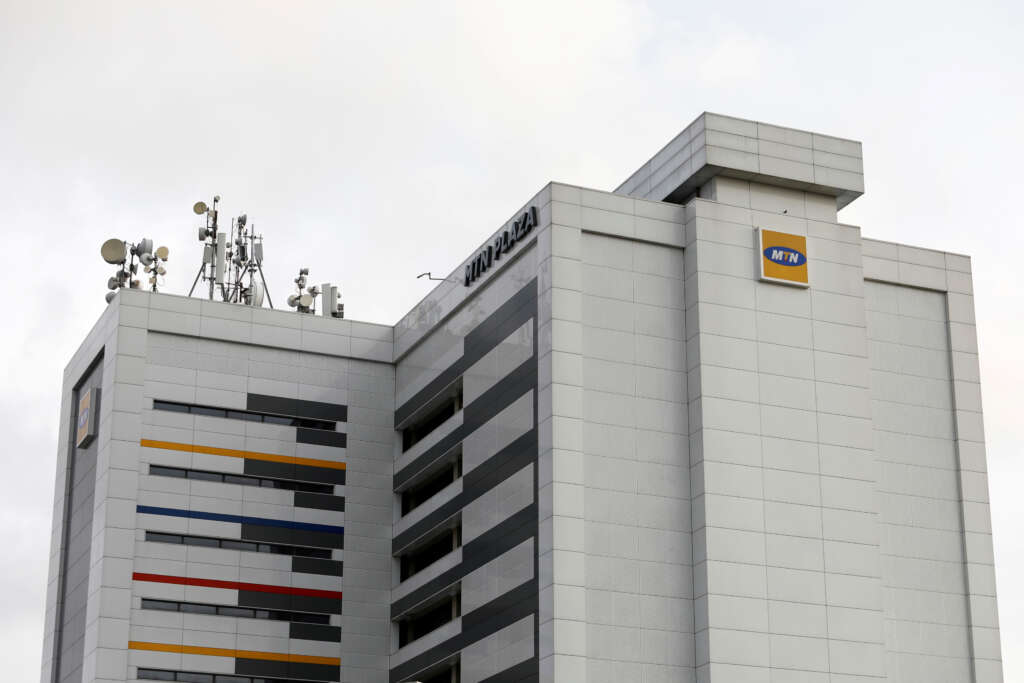MTN, Africa’s largest mobile operator, is exploring partnerships with low-Earth-orbit (LEO) satellite providers, including SpaceX’s Starlink, to bridge connectivity gaps in rural and remote areas. This move highlights the growing role of satellite internet in transforming Africa’s digital landscape.
Why It Matters
Satellite internet is emerging as a critical solution to Africa’s connectivity challenges. Traditional broadband infrastructure—fiber and mobile networks—is often too expensive and logistically difficult to deploy in remote regions.
LEO satellite networks, pioneered by companies like SpaceX and Amazon, offer a scalable alternative, providing high-speed, low-latency internet even in the most inaccessible locations.

MTN’s Approach
Proof-of-Concept Trials:
MTN is running trials with LEO satellite providers and is exploring ways to integrate satellite services into its enterprise offerings.
Strategic Vision:
“To keep customers and businesses connected at all times, we’re going to have to embrace satellite as an additional technology form,” said MTN Group CEO Ralph Mupita.
Potential Resale Model:
MTN is considering reselling satellite internet services, a strategy that could complement its terrestrial network and expand coverage to underserved areas.
Industry Context
- Competition Heats Up: Rival operators are also advancing their satellite strategies:
- Vodacom partnered with Amazon’s Project Kuiper in 2023.
- Cell C is pursuing similar collaborations.
- Regulatory Challenges: Satellite providers face significant regulatory hurdles. For instance, Starlink has encountered resistance in countries like South Africa, where licensing remains a contentious issue.
- Regulatory Reform on the Horizon:
South Africa’s telecom regulator, ICASA, is working on a regulatory framework to clarify licensing and operational rules for satellite providers, a crucial step for market growth.
The Call for Fair Competition
SEE ALSO: MTN Nigeria’s MoMo PSB Applies for Expanded Licensing
Ralph Mupita emphasized the importance of a level playing field, urging regulators to impose the same rules on satellite operators as on terrestrial providers.
“LEO operators should be treated the same as terrestrial operators… subjected to the same regulatory requirements,” Mupita said.
This call aligns with broader concerns about fair market competition as new technologies disrupt traditional telecom business models.
Zooming Out
The adoption of satellite internet across Africa could dramatically enhance connectivity, bridging the digital divide in underserved areas. However, its success hinges on regulatory clarity, infrastructure integration, and fair competition between terrestrial and satellite providers.
What’s Next?
As ICASA develops a comprehensive framework for satellite internet, the African telecom market could see accelerated growth in high-speed internet services. For MTN, successful partnerships with LEO providers could solidify its leadership in the race to connect the continent.



